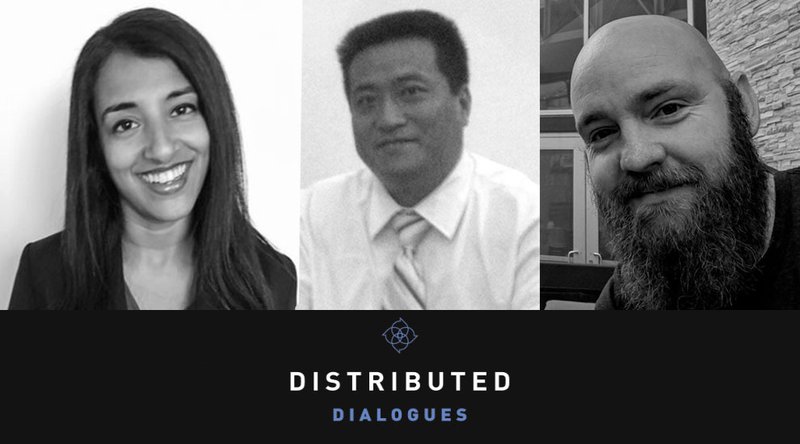
On the latest episode of Season 2 of Distributed Dialogues, the hosts took a deep dive into the state of political repression in the People’s Republic of China. Interviewing experts and dissidents at the Oslo Freedom Festival, this thorough examination of Chinese political life combines insight and research with the real, lived experiences of people in the nation.
The podcast episode compared two people’s interactions with the state machines of China, one of whom was a U.S. citizen working as a journalist in China, the other a Chinese dissident made to flee his country. The journalist, Megha Rajagopalan, claimed that despite Western conceptions of Chinese political life, most citizens are “not concerned about the lack of freedom of speech.”
Technologies with the power to harm human freedoms are developed and deployed in countries with a strong emphasis on protecting these freedoms, but then they are “exported to other parts of the world where things like the rule of law and privacy rights aren’t very developed, with disastrous consequences.”
To showcase some of these consequences, this experience with modern China is intercut with the life of Fang Zheng, a promising Chinese athlete who was run over by a tank and lost both of his legs in the Tiananmen Square protests. Ever since then, his desire to represent his country as an international paralympic athlete has been subverted, and the government hounded him with more and more sophisticated methods over the years.
The episode serves as a documentary on the state organs of Chinese political repression, a well-researched examination into the context and effects of this ossified state power. However, the episode is not entirely bleak, as it also involves a look into how blockchain technology can evade China’s Great Firewall.
Justin Hunter, the founder of Graphite, talks about his censorship-resistant decentralized information storage, that can allow citizens to keep data without any government holding the ability to subpoena. A small measure at a glance, the very existence of information outside of government control is still a revolutionary act.
Topics in Distributed Dialogues Season 2 will continue to address human rights violations around the world and to bring in a number of experts who will describe these offences in stark detail. To listen to the full episode, as well as other episodes as they become available, visit the LTB Network.
This article originally appeared on Bitcoin Magazine.
via Bitcoin Magazine https://bitcoinmagazine.com/articles/distributed-dialogues-political-censorship-china/#1540922404
No comments:
Post a Comment